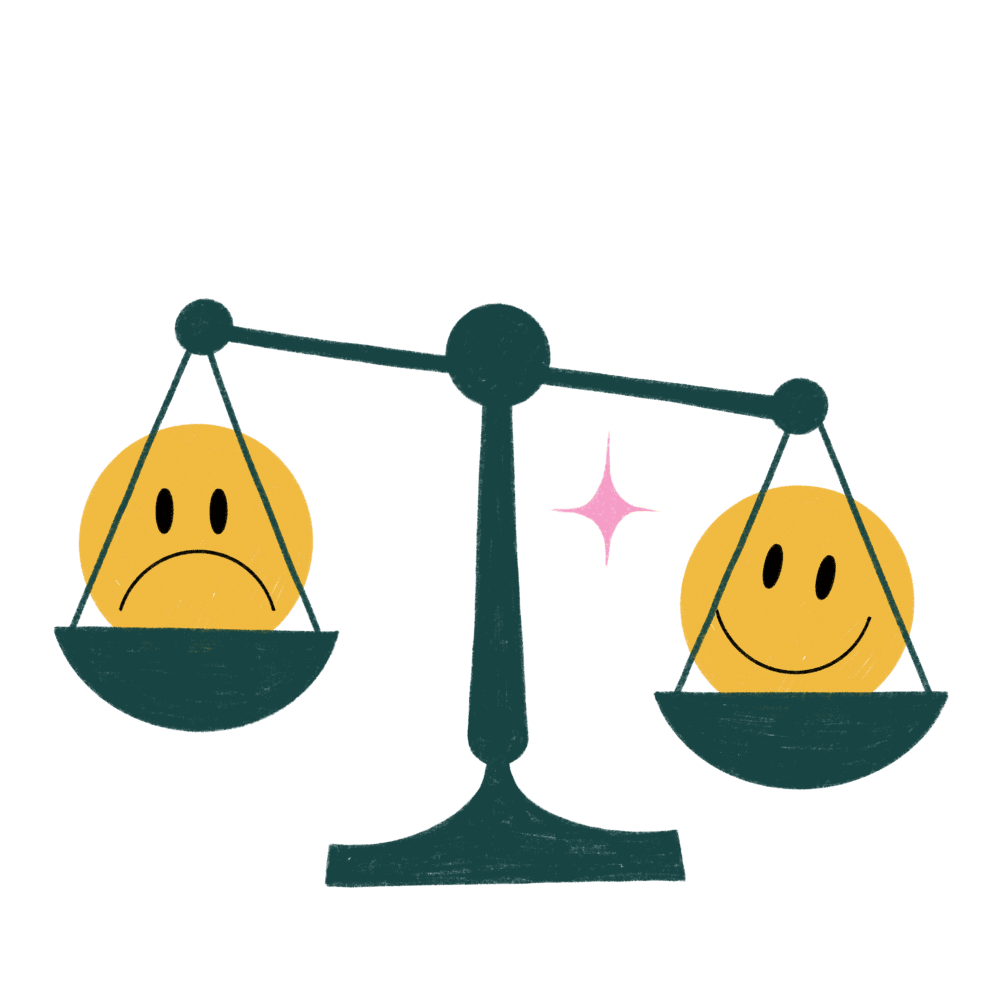The quest for instant gratification has never been more evident. The driving force behind this urge is dopamine, a neurotransmitter that plays a role in how we feel pleasure. But how exactly does dopamine work, and why are we becoming more attuned to quick dopamine releases? This article explores activities that trigger dopamine and examines the long-term implications of our growing dependence on instant rewards.
What is Dopamine?
Dopamine is a chemical messenger in the brain that influences our mood, motivation, and feelings of pleasure. It is often referred to as the “feel-good” neurotransmitter because it is released during activities that make us happy or excited. While dopamine is essential for our well-being, the modern world offers many quick fixes that can lead to an over-reliance on instant dopamine hits.
Activities That Trigger Dopamine
- Social Media
- Likes and Shares: Every time you receive a notification, like, or share, your brain releases dopamine, giving you a quick mood boost.
- Endless Scrolling: The unpredictable nature of social media feeds keeps you engaged, always looking for the next dopamine hit.
- Gaming
- Achievements and Rewards: Video games are designed to offer regular rewards and achievements, constantly stimulating dopamine release.
- Engagement: The immersive nature of gaming provides continuous stimulation and excitement.
- Eating
- Sugary and Fatty Foods: Foods high in sugar and fat can cause a spike in dopamine, making us crave them more often.
- Comfort Eating: Eating when stressed or upset can provide a temporary boost in dopamine, leading to a cycle of emotional eating.
- Shopping
- Purchasing New Items: The act of buying something new releases dopamine, often referred to as “retail therapy.”
- Anticipation: The excitement leading up to a purchase can also trigger dopamine release.
- Exercise
- Runner’s High: Physical activity, especially intense exercise, can lead to a significant increase in dopamine levels.
- Sense of Accomplishment: Completing a workout or achieving fitness goals can also trigger dopamine.
The Shift Towards Quick Dopamine Hits
In the past, activities that triggered dopamine were often linked to longer-term rewards, such as achieving a goal or building relationships. However, the modern world offers many opportunities for instant gratification. This shift has made us more attuned to quick dopamine releases, leading to several changes in our behavior and lifestyle.
- Reduced Attention Span: The constant availability of quick dopamine hits can make it harder to focus on long-term tasks.
- Increased Cravings: The more we indulge in activities that provide instant gratification, the more we crave them, often at the expense of healthier, long-term rewards.
- Emotional Dependence: Relying on quick dopamine fixes can lead to emotional dependence, where we seek out these activities to manage stress or improve our mood.
Long-Term Implications
While quick dopamine hits can provide immediate pleasure, they can have long-term effects on our mental and physical health.
- Mental Health Issues: Over-reliance on instant gratification can contribute to anxiety, depression, and other mental health issues.
- Addictive Behaviors: The pursuit of quick dopamine releases can lead to addictive behaviors, whether it be social media addiction, gaming addiction, or even food addiction.
- Reduced Motivation: When we become accustomed to instant rewards, our motivation to pursue long-term goals can diminish, impacting our productivity and overall well-being.
Conclusion
Understanding the activities that trigger dopamine and our growing dependence on quick hits is crucial for maintaining a healthy balance in life. While it’s natural to seek pleasure and enjoyment, it’s essential to be mindful of the long-term implications of our choices. By finding a balance between instant gratification and long-term rewards, we can ensure that our quest for dopamine supports our overall well-being.
By recognizing and managing our reliance on quick dopamine releases, we can make more informed choices that lead to a healthier, more fulfilling life.
Ready to begin? Start your online therapy journey today. Book your first session now.




